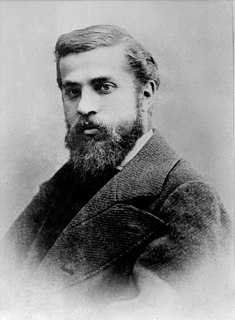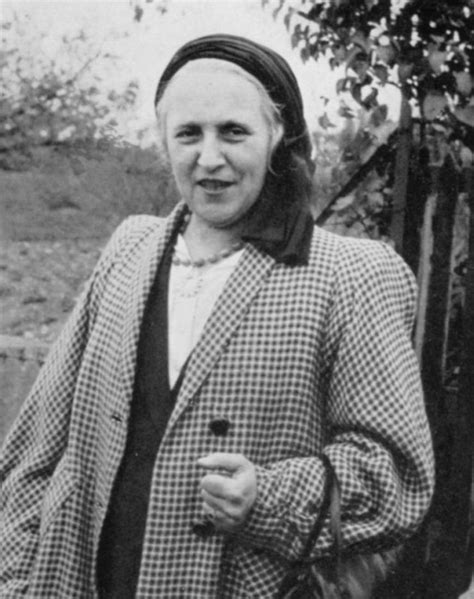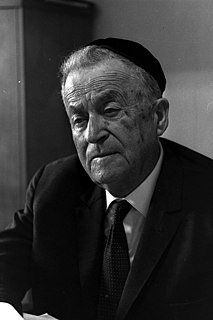A Quote by Albert Einstein
About Newton: Nature to him was an open book, whose letters he could read without effort.
Related Quotes
Most open letters undoubtedly come from a good place, rising out of genuine outrage or concern or care. There is, admittedly, also a smugness to most open letters: a sense that we, as the writers of such letters, know better than those to whom the letters are addressed. We will impart our opinions to you, with or without your consent.
What is difficult to understand is that without conscious effort, nothing is possible. Conscious effort is related to higher nature. My lower nature alone cannot lead me to consciousness. It is blind. But when I wake up and I feel that I belong to a higher world, this is only part of conscious effort. I become truly conscious only when I open to all my possibilities, higher and lower. There is value only in conscious effort.
Da Vinci was as great a mechanic and inventor as were Newton and his friends. Yet a glance at his notebooks shows us that what fascinated him about nature was its variety, its infinite adaptability, the fitness and the individuality of all its parts. By contrast what made astronomy a pleasure to Newton was its unity, its singleness, its model of a nature in which the diversified parts were mere disguises for the same blank atoms.
I wonder, what's in a book while it's closed. Oh, I know it's full of letters printed on paper, but all the same, something must be happening, because as soon as I open it, there's a whole story with people I don't know yet and all kinds of adventures, deeds and battles. And sometimes there are storms at sea, or it takes you to strange cities and countries. All those things are somehow shut in a book. Of course you have to read it to find out. But it's already there, that's the funny thing. I just wish I knew how it could be.
Samuel Beckett is the person that I read the most of - certainly the person whose books I own the most of. Probably 800 or 900, maybe 1,000 books of just Samuel Beckett. By him, about him, in different languages, etc. etc. Notebooks of his, letters of his that I own, personal letters - not to me, but I bought a bunch of correspondence of his. I love his humor, and I'm always blown away by his syntax and his ideas. So I keep reading those.
Epitaph on Newton: Nature and Nature's law lay hid in night: God said, "Let Newton be!," and all was light. [added by Sir John Collings Squire: It did not last: the Devil shouting "Ho. Let Einstein be," restored the status quo] [Aaron Hill's version: O'er Nature's laws God cast the veil of night, Out blaz'd a Newton's soul and all was light.
Nevertheless, hateful as saying 'No' always is to an imaginative person, and certain as the offence may be that it will cause to individuals whose own work does not require isolated effort, the writer who is engaged on a book must learn to say it. He must say it consistently to all interrupters; to the numerous callers and correspondents who want him to speak, open bazaars, see them for 'only' ten minutes, attend literary parties, put people up, or read, correct and find publishers for semi-literate manuscripts by his personal friends.




































